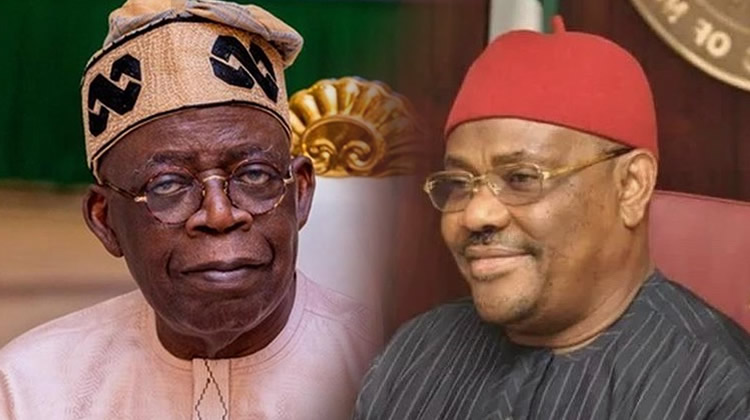On Friday, October 11, the Minister of the Federal Capital Territory, Mr Nyesom Wike, announced that President Bola Ahmed Tinubu had granted the request to pull out the Federal Capital Territory Administration (FCTA) from the Treasury Single Account (TSA), which mandates all but a few federal government agencies to forward the revenues generated to that account.
This effectively enables the FCTA to exclusively utilise the internally generated revenue (IGR) by the authority for the development of the Federal Capital Territory of Abuja.
According to Wike, “The central cannot give us loans, and even the IGR is spent as it comes. You cannot do any projects tangibly with it.’’ Wike further stated, “I said to Mr President, if you want FCT to carry out its developmental projects and infrastructure, then it (FCTA) must come out of the TSA.’’
It must be acknowledged that managing a metropolis like Abuja, which is the capital city of the country, does have numerous challenges. From its beginning as a vast virgin land in the centre of the country, with little or no infrastructure, Abuja has grown exponentially over 40 years later to a bustling city of some four million or more, by estimates. It is no doubt one of the fastest-growing cities in Africa, if not the world.
This means that for the FCT to reach an appreciable level of development, it must have huge infrastructure in place to cope with its ever-growing population.
As it is, it has been observed that the largely unplanned population expansion of Abuja has resulted in a huge infrastructure deficit, with even the available ones now in varying states of dilapidation.
Infrastructure deficit apart, it is also lamentable that the city’s master plan has come under serious distortion over the years, which will necessitate huge capital expenditure to restore.
Notwithstanding these challenges, it is still procedurally inappropriate to single out one of the many federal government agencies that have been mandated to comply with the TSA provision.
The TSA was introduced to, among many things, ensure accountability and probity by government agencies. It became necessary when it was observed that chief executives of federal agencies were involved in dubious activities with the funds they generated from the services provided and also from funds allocated to them for the purposes of serving the people. In the process, these agencies were remitting less money to the coffers of the government, thereby denying it the ability to carry out its responsibilities and obligations to the people.
The TSA regime was first introduced by the Goodluck Jonathan administration, but its full implementation came under the President Muhammadu Buhari administration, where all agencies of government, without exception, were expected to comply.
Although there were some observed incidences of non-compliance and deviation from this principle by some agencies, on the whole, the implementation of the TSA has resulted in a reduction of some of the unwholesome practices of the past where chief executives of government agencies were always in default where accountability was concerned.
That is why, no matter the argument put forward by FCT Minister Nyesom Wike to justify his preference for the FCT to be granted his request to be exempted from remitting money to the TSA, President Tinubu should have demurred. It reads like an act of political expediency for one federal agency out of the many to be granted such a right when other agencies may also have their own equally compelling reasons to be similarly treated. Indeed, the government would have some serious explaining to do to Nigerians if, in due course, a ministry or agency makes its case like Wike’s FCT and is denied. It will be hard for the government to ward off accusations of preferential treatment in this regard.
Another factor that reinforces the opposition to the granting of the TSA exemption is the almost carte blanche powers now given to tax and spend as he wishes without a regulatory accountability agency for statutory checks and balances. By so doing, we are creating something akin to a parallel authority in the hands of one minister.
It is also a matter of great concern that the government appeared to have been in a haste to grant the exemption without subjecting the FCTA to a thorough check on its expenditure. For instance, it is estimated that about N8 billion is spent monthly on salaries and emoluments of FCTA staff. Is there practical proof of the staff strength of the FCTA to justify such a huge expenditure? This is something that ought to have been confirmed and should be confirmed. We believe whatever may have informed granting the TSA exemption to FCTA, the reality is that on the weight of a scale of accountability, probity, and governance practices and procedures, the measure cannot be statutorily justified. Under the circumstances, we have no hesitation in calling on President Tinubu to reverse it forthwith.

 Join Daily Trust WhatsApp Community For Quick Access To News and Happenings Around You.
Join Daily Trust WhatsApp Community For Quick Access To News and Happenings Around You.
